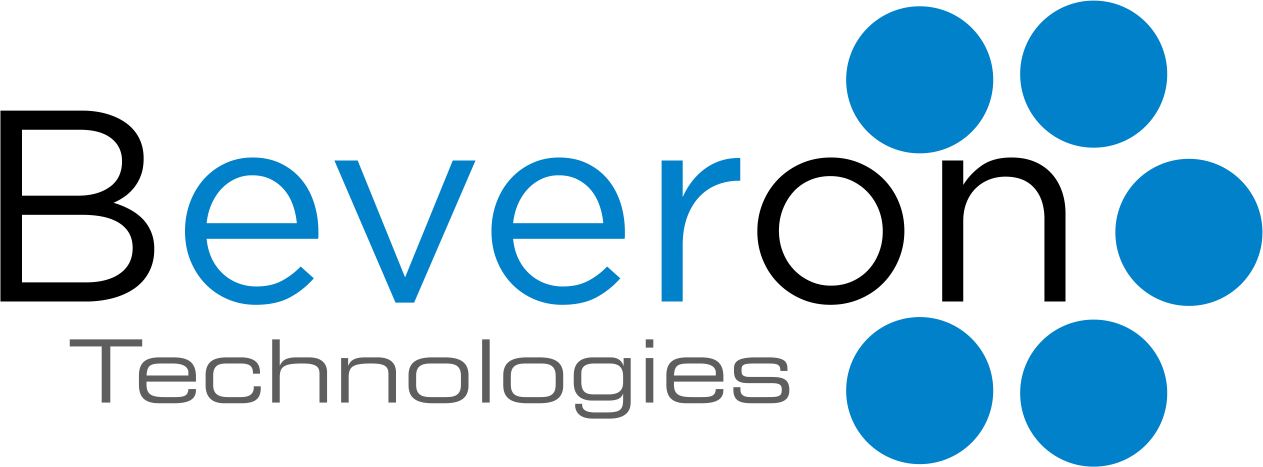

This blog outlines the essential best practices in-house legal teams should follow to maximize effic...

This expert insights blog explores why cloud-based legal software is becoming essential for in-house...

This blog explores best practices that help corporate legal teams in Sudan maximize efficiency, comp...

A legal document management software offers a myriad of advantages for law firms, significantly enhancing efficiency, security, and overall operational effectiveness. Firstly, it provides a centralized and organized repository for documents, ensuring easy retrieval and reducing the risk of misplacement. Enhanced security features, including encryption and access controls, safeguard sensitive client information, ensuring compliance with data protection regulations. Version control mechanisms prevent confusion by tracking document revisions and changes over time. The software facilitates seamless collaboration among legal teams through real-time editing and commenting, fostering a more efficient workflow. Automation of routine processes reduces manual work, minimizing errors and saving valuable time. Moreover, these systems often integrate with practice management tools, streamlining overall law firm operations. Overall, a legal document management software is a strategic investment that not only improves productivity but also reinforces client trust through heightened security measures and streamlined processes.
In the ever-evolving realm of legal practice, efficient document management stands as a cornerstone for success. Law firms, irrespective of their size, grapple with an abundance of paperwork and the need to streamline processes while ensuring compliance and security. In this blog, we delve into the key aspects that law firms should consider when it comes to legal document management.
Successful legal document management starts with meticulous organization and classification. Implementing a robust system for sorting documents based on their type, urgency, and relevance can significantly enhance operational efficiency. Consider using consistent naming conventions, metadata, and folder structures to make retrieval and tracking seamless.
Legal documents often contain sensitive information, necessitating stringent security measures. Implementing encryption, access controls, and secure backup procedures helps safeguard client confidentiality and ensures compliance with data protection regulations. Familiarize yourself with regional and industry-specific compliance requirements to avoid legal pitfalls.
Legal documents undergo revisions and updates regularly. Maintaining a clear version control system is paramount to avoid confusion and errors. Consider adopting version tracking tools that log changes and provide a transparent overview of document evolution. This not only aids collaboration but also serves as a safeguard against potential disputes.
Collaboration is at the heart of legal work. Investing in robust collaboration tools facilitates seamless communication among team members, enabling them to work on documents simultaneously. Look for solutions that allow real-time editing, commenting, and version tracking to enhance teamwork and productivity.
Time is of the essence in the legal profession, and the ability to swiftly locate and retrieve documents is crucial. Implement advanced search capabilities, indexing, and tagging to enhance the speed and accuracy of document retrieval. This is especially beneficial when dealing with large volumes of case-related paperwork.
To streamline workflows, consider integrating your document management system with your practice management software. This integration enhances efficiency by reducing the need for duplicate data entry and ensuring that information is consistently updated across platforms.
Embrace automation to reduce manual, time-consuming tasks. Automation can be applied to document creation, approval workflows, and routine administrative processes. This not only saves time but also minimizes the risk of human error.
Conduct regular audits of your document management system to identify and rectify potential vulnerabilities. Ensure that security protocols are up-to-date, and conduct reviews to assess the efficiency of your document management processes. Periodic evaluations can lead to continuous improvement.
A state-of-the-art document management system is only as effective as the users who interact with it. Provide comprehensive training to your team members and foster a culture of continuous learning. Encourage feedback to identify areas for improvement and ensure high levels of user adoption.
As your law firm grows, so will your document management needs. Choose a system that is scalable and can accommodate the increasing volume of documents and users without compromising performance.
Efficient legal document management is an indispensable element in the success of modern law firms. By implementing organized systems, prioritizing security, embracing collaboration tools, and staying abreast of technological advancements, law firms can navigate the legal landscape with confidence, ensuring seamless workflows, and ultimately, better client service.
Best legal matter management software in India
Best legal matter management software in Qatar
Best legal matter management software in Kuwait
If you need free demo on best legal matter management software , please fill the form below